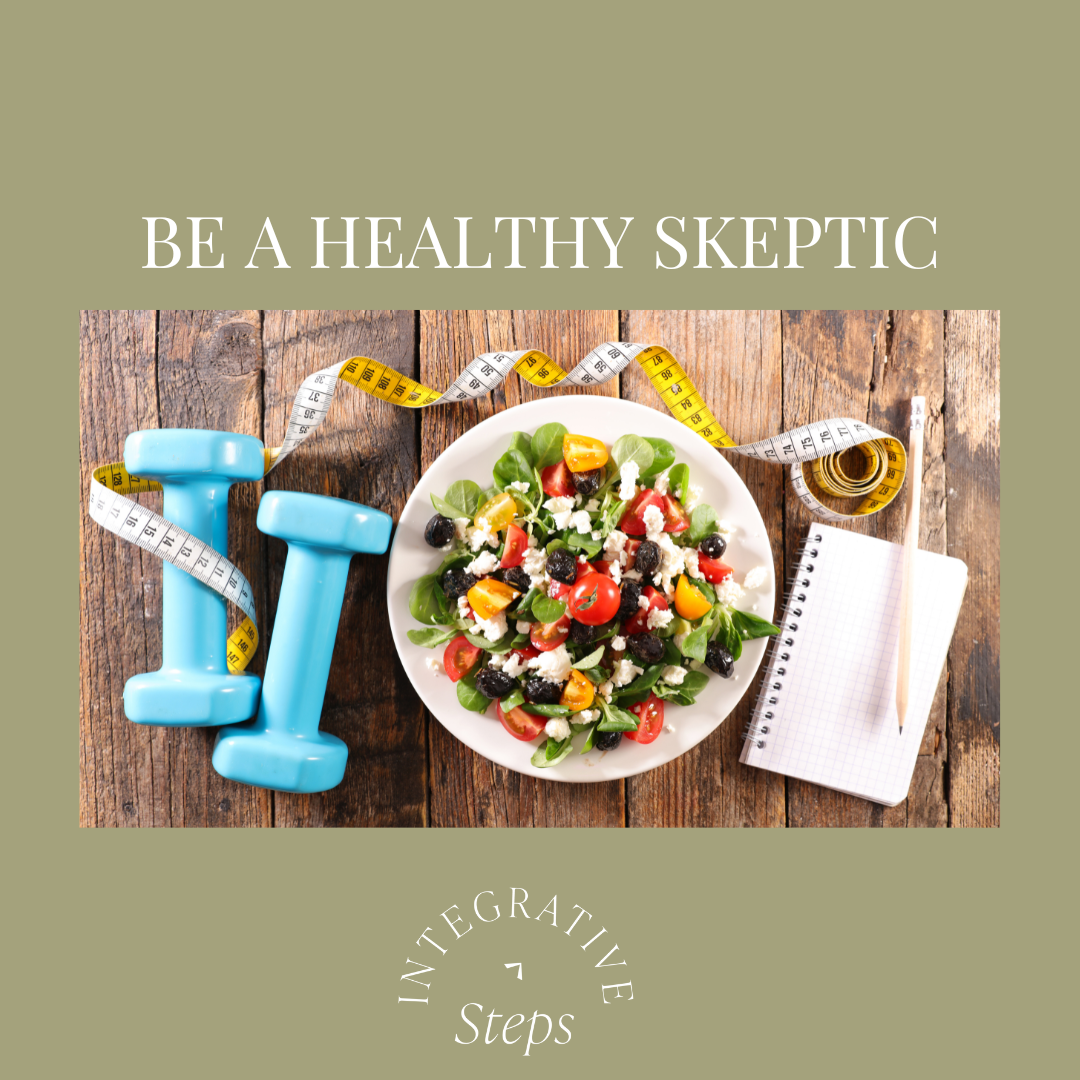Be a Healthy Skeptic in a World of Misinformation
How can we avoid wasting our time, money, or energy on ineffective or harmful products or practices?

How can we avoid wasting our time, money, or energy on ineffective or harmful products or practices?

We live in a world where we are constantly bombarded with information from various sources, such as the internet, social media, news, books, podcasts, and more. Some of this information is reliable and trustworthy, while some of it is misleading and false.
How can we tell the difference? How can we avoid falling for scams, hoaxes, or myths that can harm our health, wealth, or happiness?
A healthy skeptic is someone who does not believe everything they hear or read at face value, but rather questions, investigates, and verifies the information before accepting it as true. A healthy skeptic is not the same as a cynic. A cynic is someone who believes that everyone is lying and nothing is going to work out properly. A cynic is pessimistic and distrustful, while a healthy skeptic is realistic and curious.
Being a healthy skeptic can help us make better decisions, especially when it comes to our health and wellness. There is a lot of information out there about diets, supplements, treatments, cures, and more that claim to improve our health or solve our problems. Some of this information may be based on scientific evidence and sound logic, while some of it may be based on anecdotal evidence and faulty reasoning. Some of it may be beneficial and harmless, while some of it may be harmful and dangerous.
How can we tell the difference?
How can we avoid wasting our time, money, or energy on ineffective or harmful products or practices?
How can we protect ourselves and our loved ones from being misled or exploited by unscrupulous or ignorant sources?
Being a healthy skeptic can help us make better decisions in a world of misinformation. It can also help us learn new things, expand our horizons, and improve our critical thinking skills.